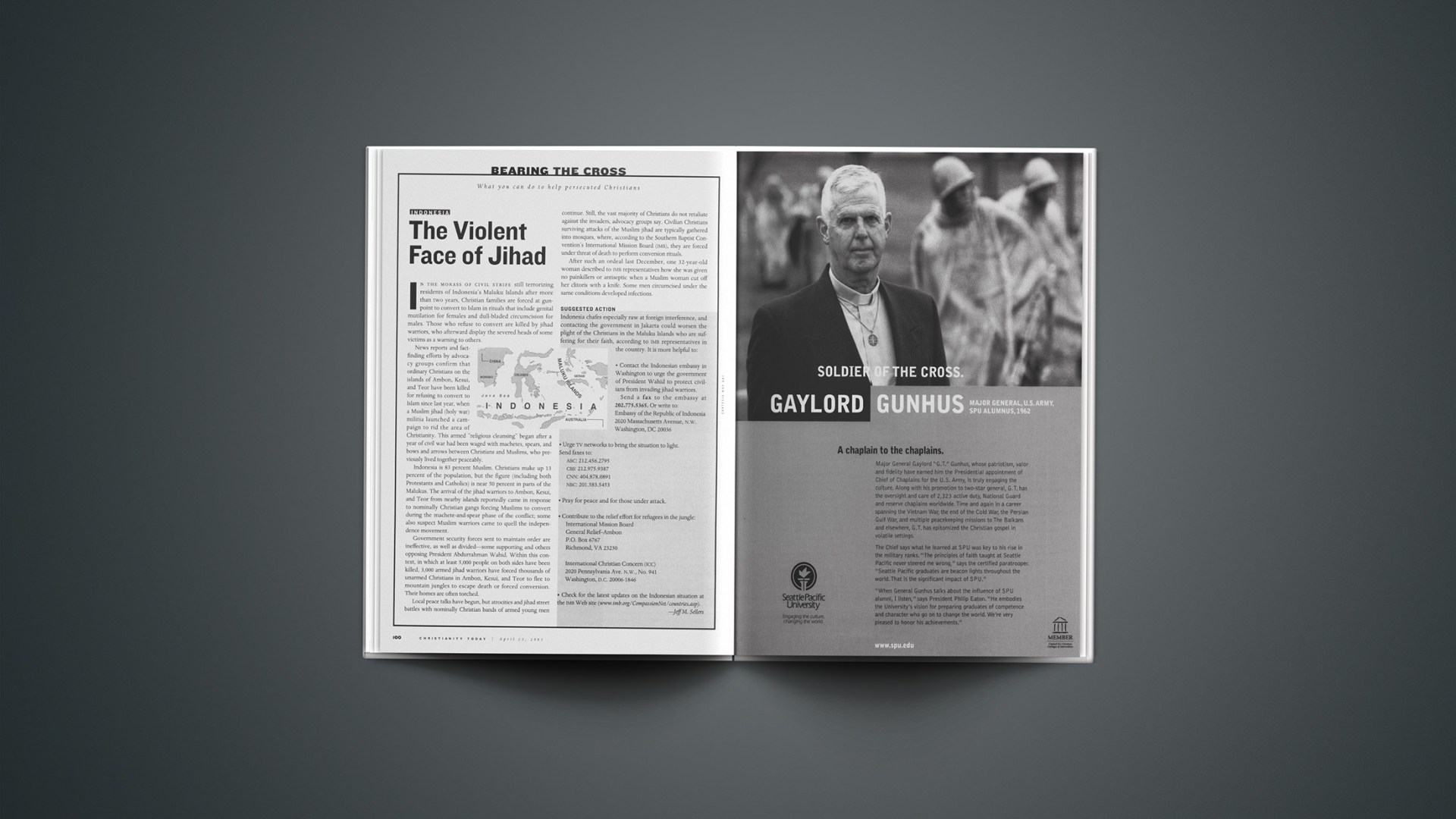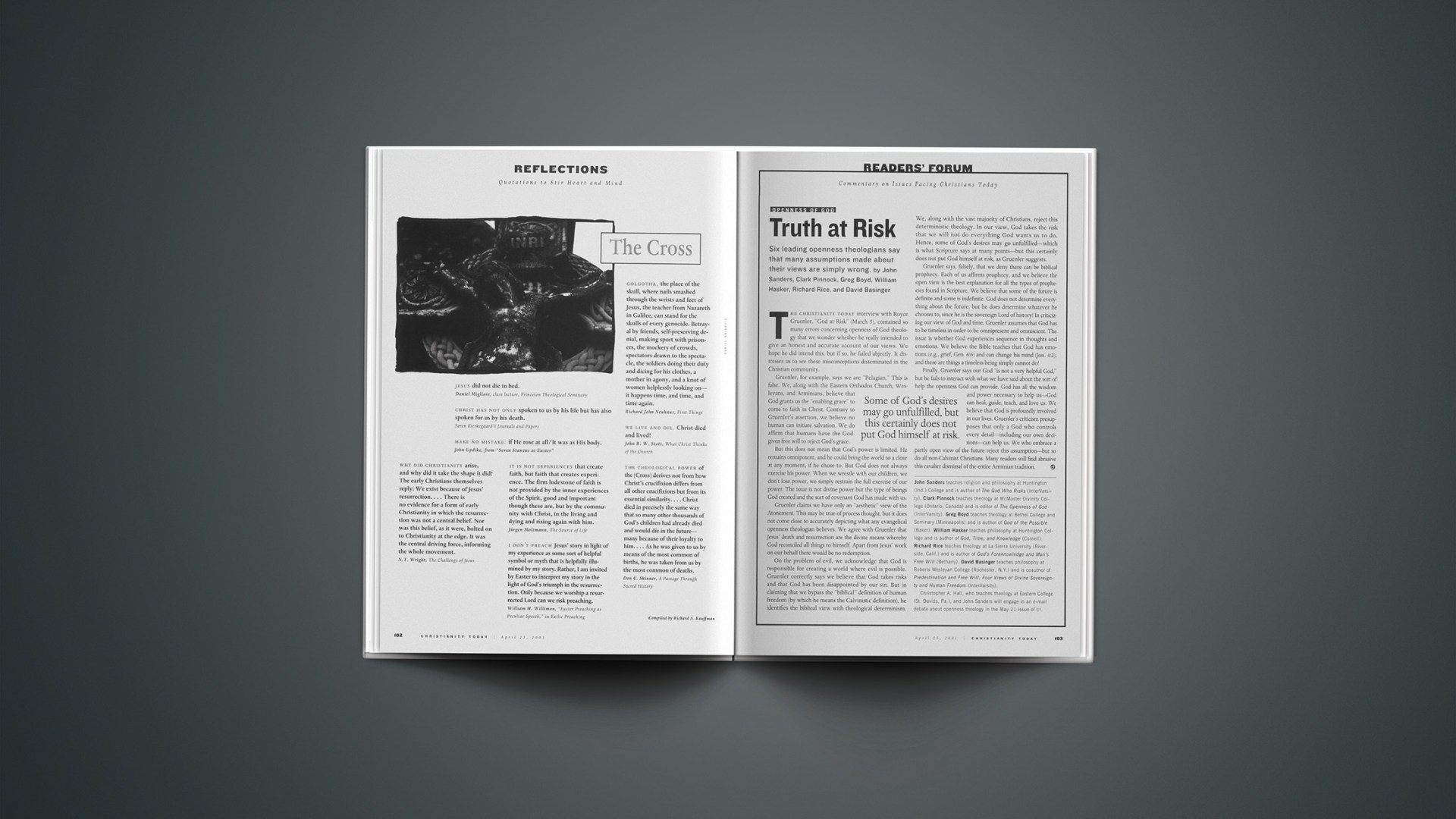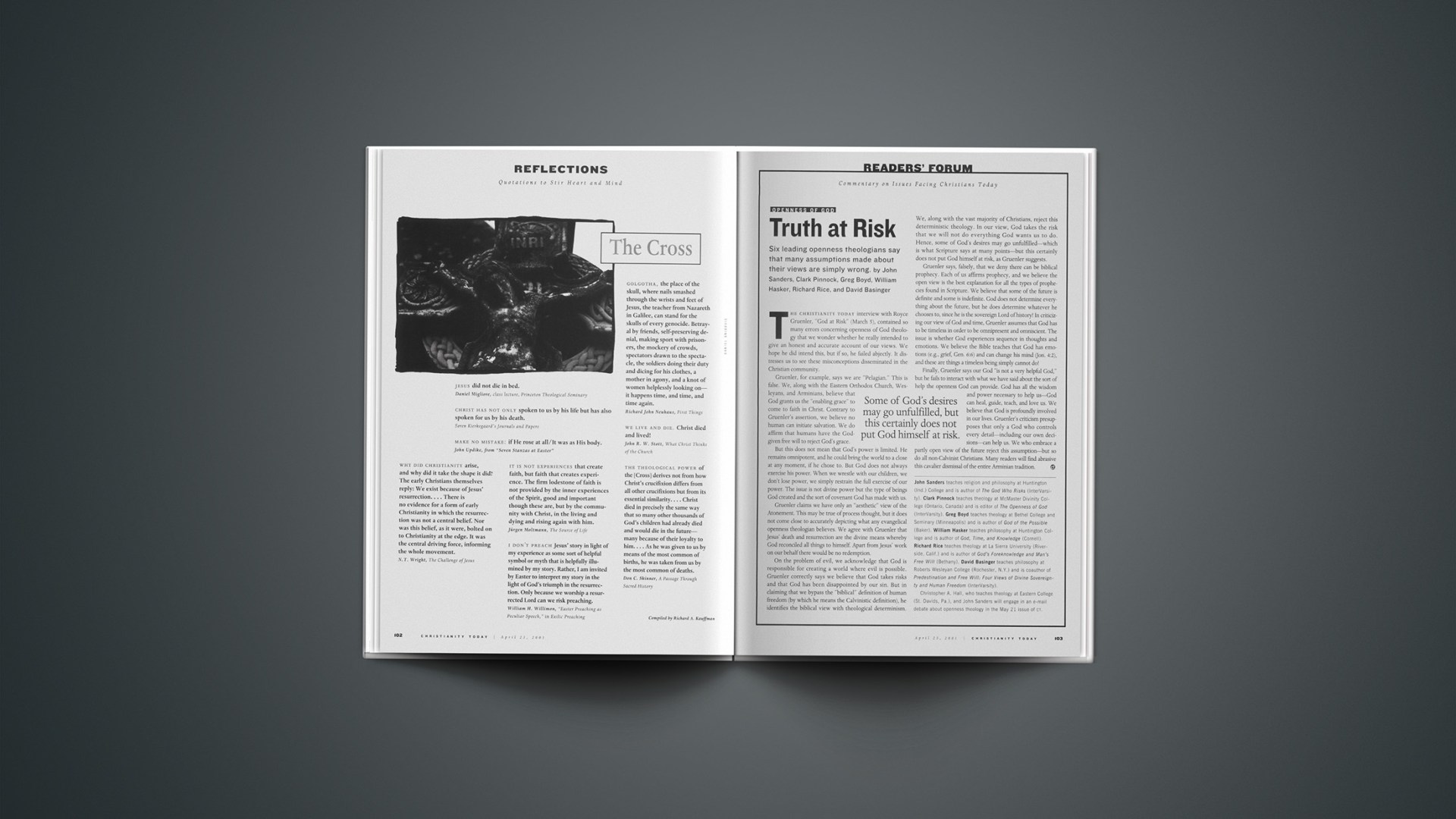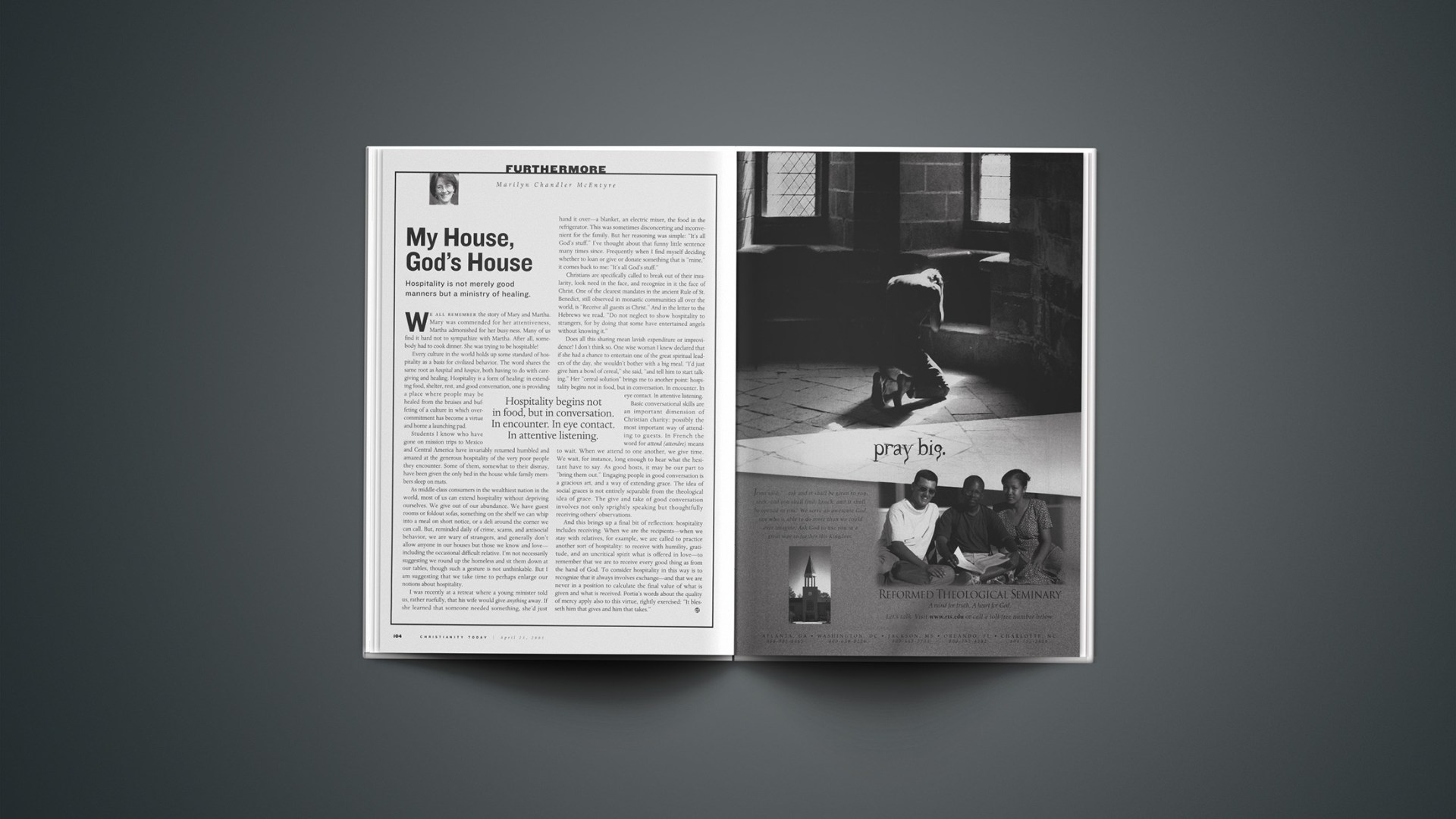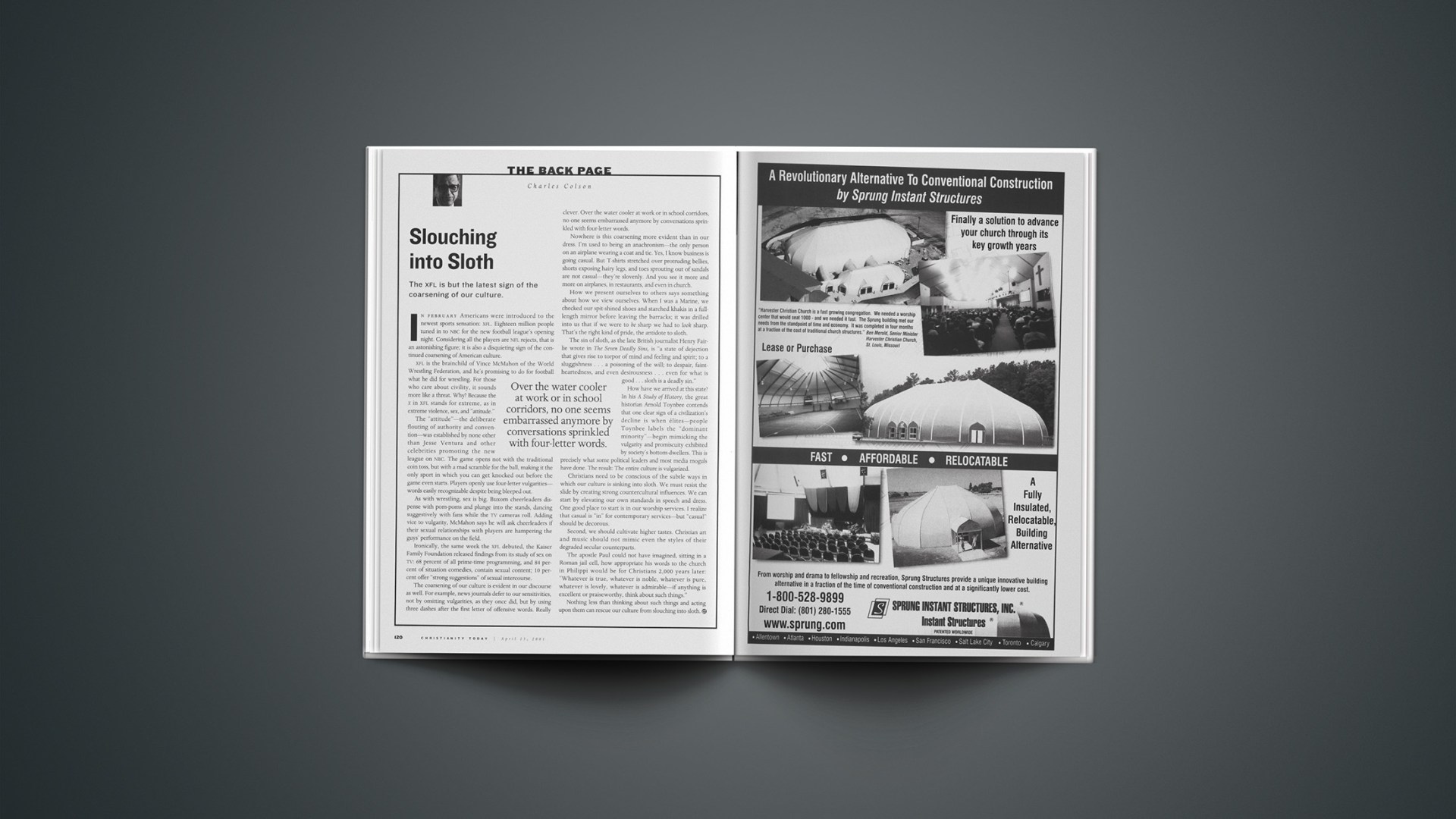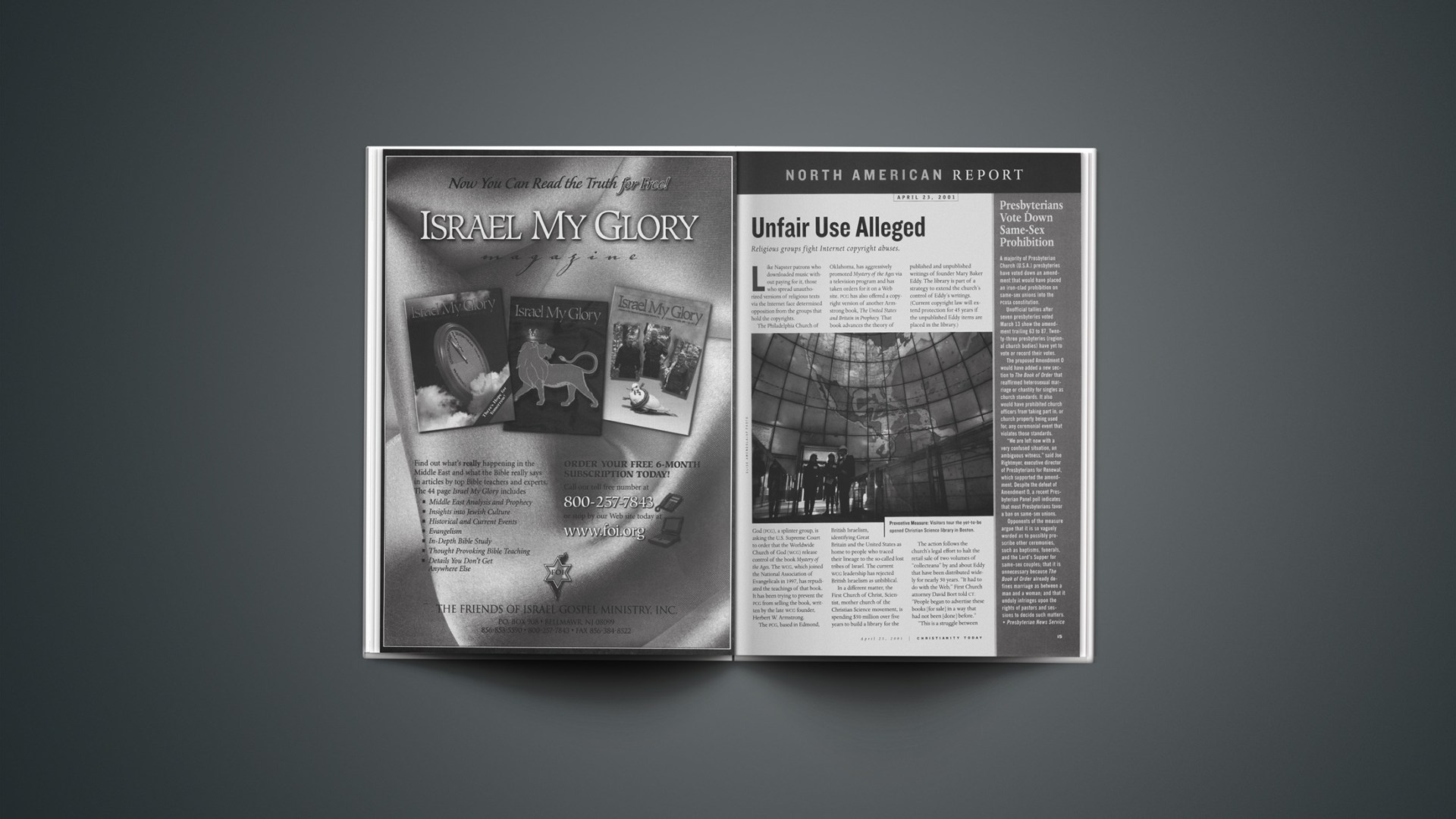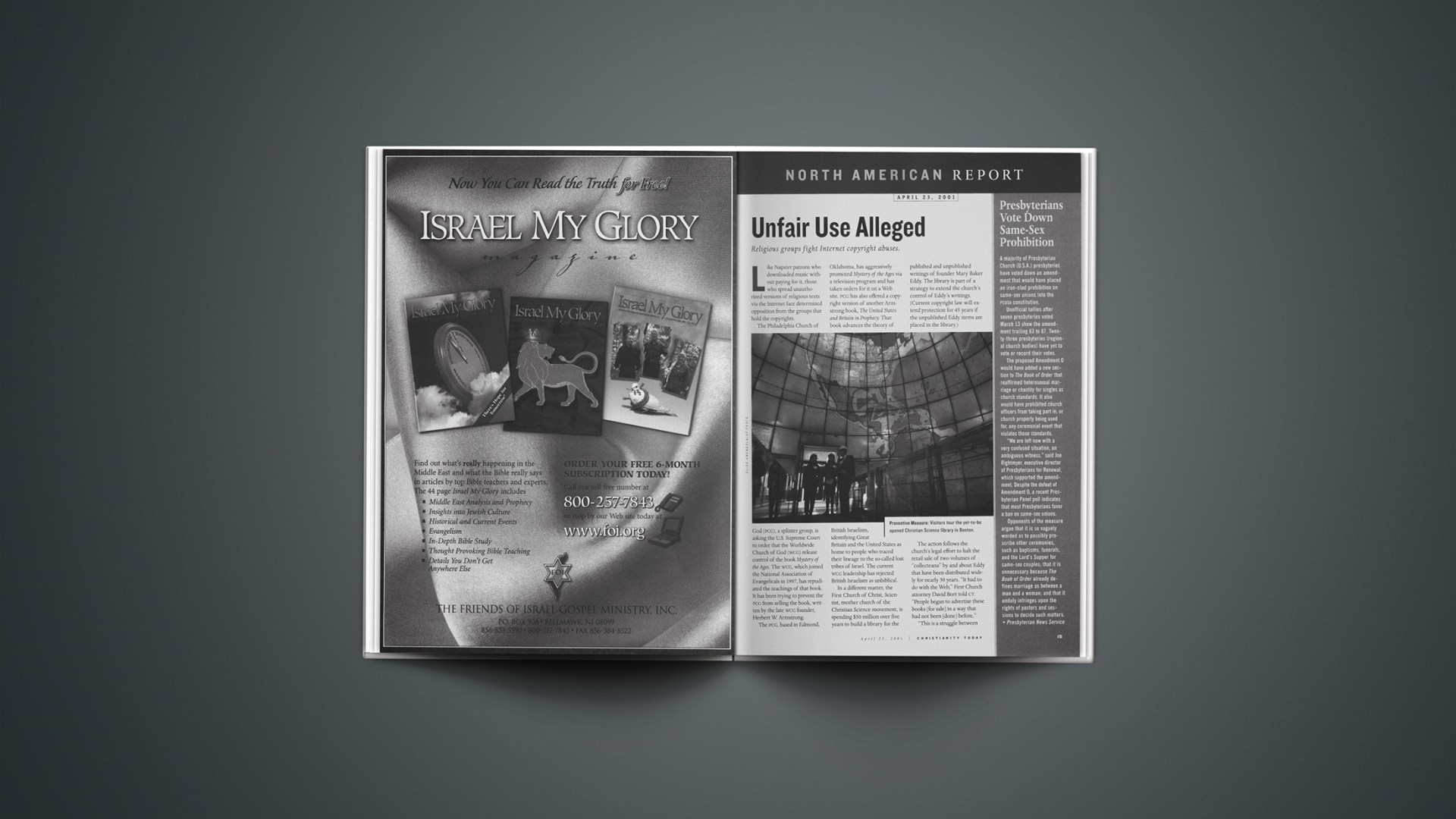The article continued along this not-so-objective vein, supplementing the canard with quotes from anonymous sources who “privately complain that members of Congress have put pressure on them to finance the group’s work, even though they have serious reservations about its proselytizing.”
Samaritan’s Purse, headed by Franklin Graham, countered with a convincing press release. The organization noted that federal funds accounted for less than 3 percent of its budget last year, that “they are used strictly and exclusively to fund the purchase of. … relief supplies, and are never used to fund any of our direct Christian ministry,” and that such federal grants are strictly monitored and audited.
The U.S. Agency for International Development (USAID) “has never questioned or challenged our use of federal grants,” the press release said. “Even The New York Times article contains no charge that we have failed to adhere to these federal guidelines.” But the most devastating point in the press release notes, “While USAID has made a commitment of $257,000 for various components of Samaritan’s Purse’s ongoing work in El Salvador, as of today [it has] not funded this grant, meaning that none of the work in El Salvador described by The New York Times was funded with USAID dollars—not one nickel.”
One might have expected The New York Times to offer an apology, a correction, or at least a clarification. Instead, a follow-up story reported USAID’s reaction to the paper’s “discovery”: it gave Samaritan’s Purse a stern warning. The agency called the organization “fully competent,” and said it had broken no rules. Still, Samaritan’s Purse was warned to “maintain adequate and sufficient separation between its prayer sessions and its USAID -funded activities,” and to avoid the appearance that government funds were supporting religious purposes.
So now Samaritan’s Purse and other Christian relief agencies face closer scrutiny and possible regulatory intrusion into their efforts; all this despite their having done nothing wrong.
The tale serves as a warning: Even if we get the public policies we want, we will forever be fighting the same battles in the press and the courts. No better example of this is provided than continuing skirmishes in schools. In early 2000, the Department of Education sent religious-liberty guidelines to every public school in the United States, the result of an unprecedented agreement between widely diverse groups. But despite the guidelines’ clear approval of students’ sharing their faith and forming Bible clubs, many school administrators are still clamping down.
This caution is particularly appropriate as evangelicals lobby for charitable-choice legislation. We may find the perfect ways to ensure against church-state entanglement, but a few bad newspaper articles or a rogue regulator could moot our carefully constructed guidelines. Be vigilant.
Copyright © 2001 Christianity Today. Click for reprint information.
Related Elsewhere
The original New York Times article, “U.S. Aids Conversion-Minded Quake Relief in El Salvador,” and the follow-up, “U.S. Cautions Group on Mixing Religion and Salvador Quake Aid,” are both available at The New York Times Web site, but a free registration is required.Samaritan’s Purse Web site has the organization’s press release countering The New York Times accusations, as well an opinion piece Franklin Graham wrote for The News & Observer.
The Associated Press and Religion News Service’s Dale Hanson Bourke also covered the controversy.
London’s Financial Times and The Independent have written about Franklin Graham’s role in drawing attention to atrocities in the Sudan.
Christianity Todayprofiled Franklin Graham in 1999.



